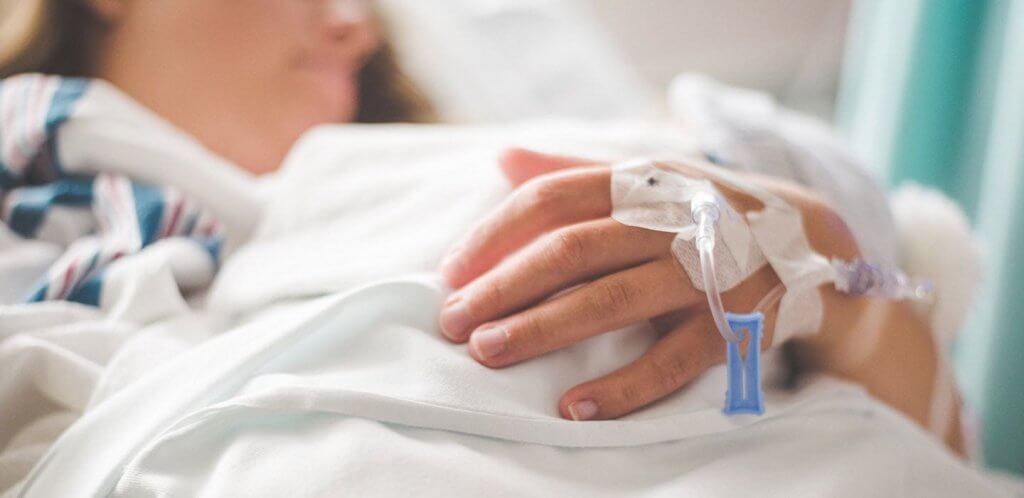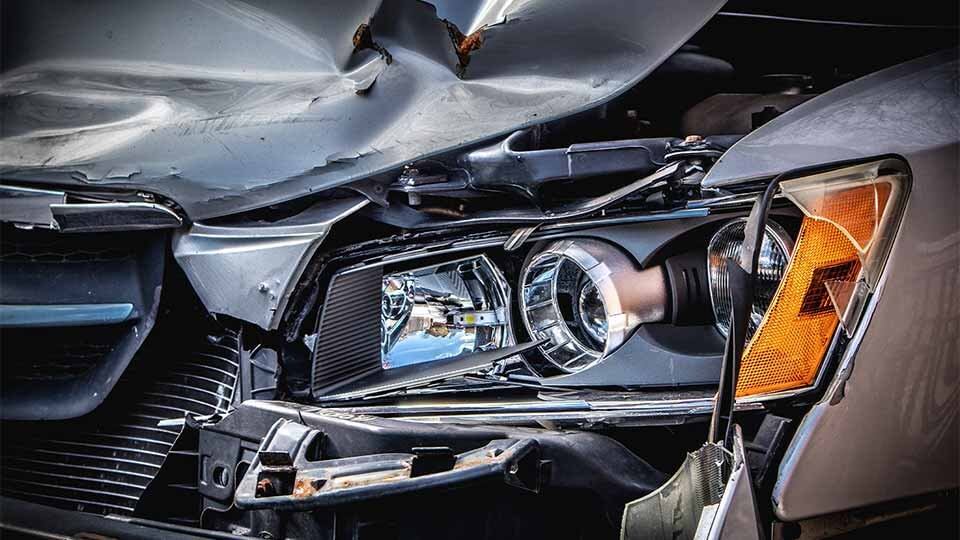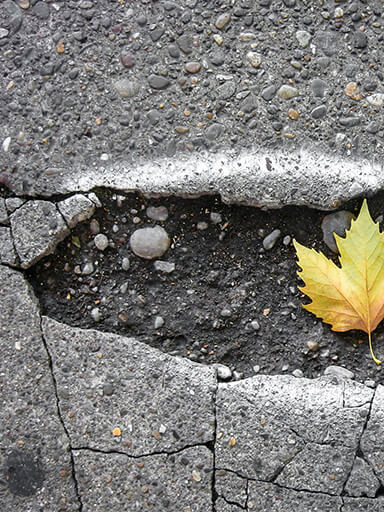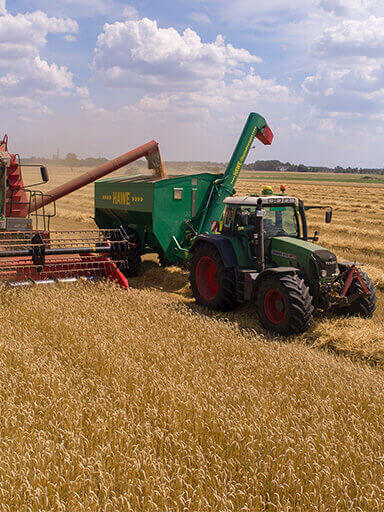The Personal Injury claims process follows various stages:
1.Your Personal Injury Solicitor will determine the facts of the accident
The first thing your personal injury solicitor will do is to investigate what happened in the accident in more detail so they can advise you about the personal injury claims process. Why? This is so they can establish who is legally responsible for the accident.
This may seem obvious, but legal responsibility can be tricky and involves being able to blame someone else for what happened to you. It may not be the person you immediately want to blame for your accident but someone who is unexpected and not someone you may have thought of.
Your Personal Injury Solicitor may you ask you more questions about the circumstances of the accident, such as where it occurred or your injuries or take a statement from you and any witnesses to find out more about your potential claim.
2. Your Personal Injury Solicitor will collect Evidence to prove your claim so they can advise about the personal injury claims process
There are various things you need to collect in order to provide evidence for the personal injury claims process to be successful :-
Keep a Diary
Your Personal Injury Solicitor will ask you to record your current pain levels and care given by friends and relatives. They may ask you about your current symptoms or about details of the care provided by a friend or family member whilst you were incapacitated. It is always important to keep a note of this and details of who did what for you and when. They may have been looking after you, or helping you care for your child because you were unable to do so, helping shower or dress you or simply making cups of tea or meals for you because of your injuries which you would have done yourself but for your accident. This all forms part of your claim.
You should keep a note of the pain you have suffered in a pain diary which should include the level of pain rated from 1-10 (1 being no pain and 10 being the worst pain imaginable) and also keep a note of your thoughts, disturbed sleep patters and nightmares suffered.
Keep Receipts
You need to keep any receipts for items you buy as a result of your injury so that your Solicitor can claim for these items.
Take Photographs
Your Solicitor may ask you to take photographs of where the accident took place, the damage to your car if you were involved in a road traffic accident, or the machine where you were working if your accident occurred at work. These items are often extremely useful to show your opponents and the court.
Find Newspaper or Social Media reports
Your Solicitor may ask you send in any newspaper reports or social media reports about the accident. All this information helps your Solicitor build a picture of what happened in your accident and when you are likely to be successful in the personal injury claims process.
Witness details
Your Solicitor may ask you for witness details which can confirm the care you have been given by friends and relatives or confirm the circumstances of your accident. This helps prove the level of care you have received or the circumstances of your accident if these are disputed.
3. Your Solicitor will send a conditional fee agreement to you, request you verify your identity and obtain After the Event Insurance (ATE)
Conditional Fee Agreement
If your Solicitor thinks that your claim is likely to succeed in the personal injury process they may send you a no win, no fee document to sign called a Conditional Fee Agreement (CFA). If you wish to proceed you will need to sign those documents. This is often done digitally.
4. Establishing your identity and After the Event Insurance
Your identify will need to be checked by requesting two forms of ID. One being a photographic ID such as passport or driving licence and the second being something to prove your address namely a bank statement or utility bill within the last 3 months. Once your Solicitor receives your signed conditional fee agreement and Identification documents they can then may obtain an After the Event insurance for you.
Legal Expense Insurance
After the event insurance (ATE) enables you to pursue a personal injury or clinical negligence claim by providing financial protection. The policy will cover you should you have to pay your opponents cost or your own disbursements. Disbursements are items such as medical reports, court fees and expert fees needed for your claim.
However, in some cases you may already legal expense cover either with your home contents or motor insurance and if that is the case your Solicitor will need to see a copy of the policy schedule which was in place at the time of your accident and a copy of the policy booklet. They will then make the necessary investigations to see if they are prepared to allow your Solicitor to act under the policy.
5. Your Personal Injury Solicitor will notify your opponents of your claim
Once all the information is collected your personal injury Solicitors will decide if there is enough evidence for the personal injury process to begin. If there is enough information your personal injury Solicitor will advise your opponents why they are legally responsible for your accident.
If the value of your claim is less than £25,000 they will register your claim on the Personal Injury Portal by completing a Claim Notification Form (CNF) which provides enough detail to allow your opponents to investigate your claim. This form tells your opponents why your Solicitor considers that your opponents are legally responsible for this accident.
6. What happens if my opponents admit legal responsibility (fault) for my claim?
If they admit responsibility, your solicitor obtain the relevant medical evidence for your claim and your out of pocket expenses such as loss of earnings, prescription charges, travelling expenses and the cost of people who have look after you and they will put a value in monetary terms on your claims. As part of the personal injury claims process, your solicitor will put the figures they have arrived at to you and if you are happy with them they will advise your opponents of this figure and if they accept then your claim is done and dusted.
However, in the cases of children they will not receive compensation until they are 18 and the amount of their compensation must be approved by the Court. The person who has provided instructions in relation to a child’s case is called a Litigation Friend and they can apply for items to be taken out for educational purposes before that time. Payments for care a child has received from a parent/guardian or any other relative may sometimes be paid to the Litigation Friend direct at the court approval hearing.
7. The offer to settle
Your opponents may also make an offer once we have sent them all the information they need to assess the value of your claim. We will advise you on whether their offer is enough or whether you should make a higher offer to them to settle if their offer is too low.
8. Alternative procedure for claims of higher value
If we think your claim is valued at over £25,000 an alternative procedure is used. Your personal injury solicitor will send a letter of claim to your opponents. Your opponents have 3 weeks to acknowledge the letter and pass it on to their insurance company and then 3 months to investigate the claim and determine decide if they will admit legal responsibility for this accident.
There may be an admission of legal responsibility for your claim
If there is an admission of legal responsibility, your solicitor will gather all the evidence to maximise the value of your claim in the personal injury process.
If your opponents admit that they are legally responsible then your personal injury Solicitor will gather all the evidence needed to determine the extent of your injury and any financial losses you have experienced as a result.
You will need to visit independent medical experts who will prepare reports on your injuries for the claim. This is called general damages.
Your Solicitor will speak to relatives or friends who have helped you when you were unable to do things for yourself . These may be things such as looking after you, or helping you care for your child because you were unable to do so, shower or dress yourself or make cups of tea or meals for you because of your injuries but cannot be things that you would have done for yourself anyway. This is called special damages.
9. How much compensation am I likely to get?
After your Personal Injury Solicitor has gathered all the evidence, they will then work out how much compensation you should receive. The amount you will receive depends on how serious your injuries are. The law values the claim in money terms based on when you are likely to recover or whether your symptoms are permanent. The Court uses the Judicial Studies College Guidelines as a starting point and then looks at previous cases like yours where people have had similar injuries to you as well as previous cases like yours with similar injuries.
You can get an idea of what you are likely to receive by looking at our compensation calculator
For example, if you have been injured at work by trapping your leg, you may be entitled to the following amounts for your injury:
Leg Injury
Loss of use of both legs: £150,000+
Loss of use of one leg:£65,000
Injury to one leg depending on the severity, recovery time, age of victim and residual use/disability: £1,000 to £75,000
Typical awards for a broken leg with full recovery: £5,000
Please note that this is an only an approximate amount as every injury is different and is based on medical evidence we receive on your behalf. We always base any offers on the recent guidelines for your injury which we to adhere by the Judicial Studies College Guidelines and these amounts will change from time to time and unfortunately valuing your injury is not an exact science and we cannot provide any figures until we have all the medical evidence in place relating to your injuries.
10. How is my compensation made up?
Your claim for compensation is divided into 2 parts: General and Special Damages.
- General Damages compensate you for the pain and suffering you have experienced from your injuries as well as your loss of amenity.
- Special Damages compensate you for any financial losses you may have incurred as a direct result of your accident. These can be items such as prescription charges, over the counter medicines, such as painkillers or bandages, fares to the Hospital, Doctor or to see your Solicitor, telephone bills, damage to clothing or other belongings and any other reasonable expenses. Please remember to let keep receipts as far as possible. Some of these items may seem trivial but can mount up as the case progresses and show you just how much you have been inconvenienced as a direct result of your accident.
11. How does a Solicitor value a personal injury compensation claim?
In order for your Solicitor to value your general damage or injury claim your Solicitor will instruct an independent medical expert who will prepare a report on your accident related injuries for the claim. Your Medical expert will receive a full copy of your GP and hospital records which your Solicitor will obtain.
The medical expert may recommend some treatment which will assist with your recovery. Your Solicitor will ask your opponent to pay for this treatment privately.
Usually, your Solicitor will not request a report from a medical expert until legal responsibility has been accepted by your opponents or your barrister advises that your case is likely to be successful.
The medical expert will advise your Solicitor which of your current symptoms have been caused by the accident, and if any pre-existing conditions have been aggravated or brought forward by your accident.
Depending on what his report says your Solicitor may be able to advise you of the value of your general damage claim/injury claim which will be assessed from the date of the accident or recovery or estimated date of recovery.
Your Solicitor will need details of any pain and suffering you have experienced because of the accident and any disturbed sleep or nightmares. It would be helpful if you could keep a “pain diary”. which details on a scale of 1 to 10, with pain being the worse possible pain your daily experience of your injury. This can then be sent to the medical expert to demonstrate the extent of the pain you have suffered as a result of this accident.
Loss of amenity
Your Solicitor will need details of any hobbies or leisure activities, such as for example, swimming or other sporting activities or going on holiday which you have been unable to do because of your accident.
12. How does your Solicitor value your Special Damage Claim?
In order to support your special damage claim, as part of the personal injury claims process your Solicitor will need various documents including
- Copies of your wage slips as mentioned above for at least 13 weeks prior to your accident, wage slips received during your absence from work and wage slips for 13 weeks after your accident.
- Copies of accounts if you are self-employed and tax returns for 3 years prior to your accident.
- Details of any personal activities such as bathing, driving, going upstairs, cooking, cleaning and washing which you have been unable to do because of your accident.
- Details of care provided to you by friends or relatives because of your injury, e.g., bathing you, helping you to shower, shaving you or making meals for you or doing the housework you used to do before the accident.
- Receipts for anything you have spent because of your accident.
13. Offer to Settle
Once the information has been gathered your Solicitor will put the figure your Solicitor has arrived at to you and if you and are happy with it they will advise your opponents of this figure. If they accept then your claim is done and dusted (However, in the cases of children they will not receive compensation until they are 18 and the amount of their compensation must be approved by the Court.
The person who has provided instructions in relation to a child’s case is called a Litigation Friend and they can apply for items to be taken out for educational purposes before that time. Payments for care a child has received from a parent/guardian or any other relative may sometimes be paid to the Litigation Friend direct at the court approval hearing)
Your opponents may also make an offer once we have sent them all the information they need to assess the value of your claim. We will advise you on whether their offer is enough or whether you should make a higher offer to them to settle if their offer is too low.
14. What happens if my opponents will not admit legal responsibility for my accident?
If your opponents do not accept fault or your Solicitor cannot agree on an amount of compensation that both sides are happy with, your personal injury solicitor will start the second stage of the personal injury process. The second stage of the personal injury process is to prepare the necessary court documents and start the court process so that a Judge can determine if your opponents are at fault and how much money you should receive in compensation. Your Solicitor will support you every step of the way and just because they start the court process does not mean that your claim will end up in court. Your opponents may settle the claim at any point up to arriving at the doors of the court.
If you feel you need help from one of our Personal Injury Solicitors to start the personal injury process, please call us on 0800 0747 644 for a no obligation chat about your claim to see if we can help.





